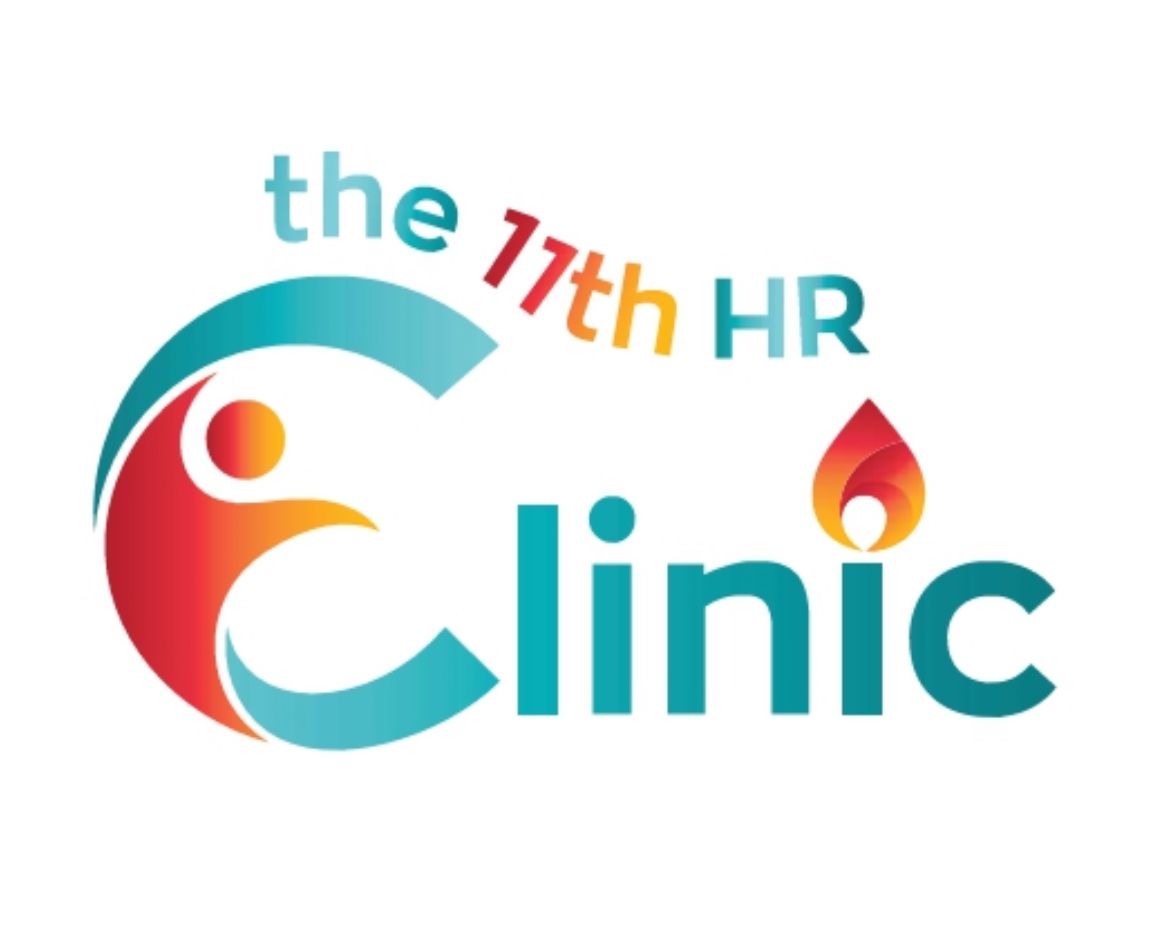Who’s Helping You — a Coach, a Counsellor, or a Psychologist?
By Dr Candice R. Quinn | Originally published on 18 October 2025
Based in Brisbane, Australia
AI-assisted drafting; ideas and content authored by Dr Candice R. Quinn.
© 2025 Dr Candice R. Quinn. All rights reserved.
Understanding the difference can help you choose the right kind of support for your wellbeing and personal growth
When Support Feels Confusing
Life can be challenging. Whether it’s navigating stress, coping with a major change, managing relationships, or pursuing personal goals. Friends, family, or colleagues may suggest different types of support: coaching, counselling, mentoring, or therapy. It can be confusing to know what kind of support you actually need. Understanding the differences and who is qualified to provide each, helps you make informed decisions and get the most effective help for your situation.
Coaching: Unlocking Potential and Building Skills
Coaching is goal-oriented and future-focused. Coaches help you clarify what you want to achieve, identify your strengths, and create actionable steps toward your goals. Important: Coaching is not therapy. Coaches do not diagnose or treat mental health conditions. Instead, coaching supports personal growth, skill development, and achieving aspirations. Example: A coach might help you improve confidence, develop healthy habits, or navigate a life transition. Coaching often uses strategies like goal-setting, reflective questioning, and accountability, empowering you to take control of your growth.
Counselling: Emotional Support and Coping Strategies
Counsellors provide a
safe space to explore feelings, work through challenges, and develop coping strategies. Counselling often focuses on
short-term concerns or transitions, such as grief, stress, relationship difficulties, or adjusting to life changes. While counsellors are skilled at supporting emotional wellbeing, they generally
do not diagnose or treat clinical mental health conditions. Counselling is about
processing experiences, gaining clarity, and building resilience.
Example: A counsellor might help you manage anxiety during a move, navigate family conflict, or cope with uncertainty during a life transition.
Psychologists: Evidence-Based Mental Health Support
Psychologists are trained in psychological assessment, therapy, and evidence-based interventions. Both general and clinical psychologists are highly skilled, but they typically work with different levels of severity: General Psychologists support mild to moderate mental health challenges and everyday life issues, such as stress, adjustment, or mild anxiety. They often work in private practice, community clinics, or schools. Clinical Psychologists treat severe or complex mental health conditions, including major depression, PTSD, or psychosis. They usually work in hospitals or specialised mental health settings.
Key Takeaway:
- Mild to moderate challenges → general psychologist
- Severe or complex challenges → clinical psychologist
- Both are highly trained; the distinction is scope and setting, not capability.
Mentoring: Guidance from Experience
Mentoring is about sharing perspective, advice, and experience, usually in specific life areas. Unlike coaching or therapy, mentoring is less about emotional processing and more about practical guidance and insight. Example: A mentor might help you navigate a life transition, make major decisions, or gain perspective from someone who has faced similar challenges.
How to Decide What You Need
Here are some reflective prompts:
- Are your mental health difficulties severe, preventing you from functioning in daily life, or requiring hospital-based care? → A clinical psychologist may be appropriate.
- Are you dealing with mild to moderate mental health challenges that affect daily life but don’t require hospital care? → A general psychologist may be appropriate.
- Are you trying to process emotions or cope with everyday stress, mild anxiety, or life transitions? → Consider a counsellor.
- Are you working toward a personal goal or skill and want guidance to stay accountable? → A coach may help.
- Do you want advice based on experience in a particular area of life? → A mentor could be appropriate.
It’s perfectly okay to combine supports. For example, seeing a general psychologist for mild anxiety while working with a coach on confidence or personal growth.
At a Glance: Who Can Help You
Clinical Psychologist – Treats severe or complex mental health conditions, including major depression, PTSD, or psychosis. Typically works in hospitals or specialised mental health settings. Highly trained and registered.
General Psychologist – Supports mild to moderate mental health challenges and everyday life issues, such as stress, adjustment, or mild anxiety. Works in private practice, community clinics, or schools. Highly trained and registered.
Counsellor – Provides emotional support and coping strategies for life transitions, stress, grief, or adjustment difficulties. May or may not be registered; usually works in community or private settings.
Coach – Helps with personal growth, goal achievement, and skill development. Not clinically regulated, but often professionally trained. Focuses on future goals and accountability rather than mental health treatment.
Mentor – Offers guidance, perspective, and advice based on personal experience. Ideal for navigating life transitions, making decisions, or learning from someone who has been through similar experiences.
Taking Action
Choosing the right kind of help can make a real difference not just in how you feel, but in how you grow and thrive.
To start:
- Reflect on your needs: emotional processing, personal growth, practical guidance, or mental health support.
- Check qualifications: make sure the professional is trained and registered for the support you need.
- Reach out: a psychologist, counsellor, coach, or mentor can help guide you toward the right support.
Seeking help is a sign of strength. Choosing the right type of support is empowering. It helps you navigate challenges and move forward with confidence and clarity.
Ready to Take the Next Step?
Whether you’re looking for support to process emotions, manage stress, or work toward personal growth, the 11th hour clinic is here to help. Our team of psychologists, counsellors, and coaches can guide you toward the right support for your needs.
Book an appointment today and take the first step toward feeling supported, understood, and empowered.



